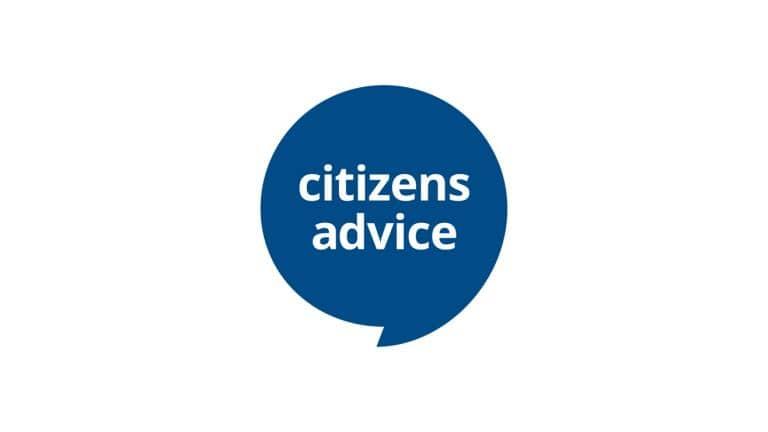
Refuge
Get help and support if you or someone you know is experiencing domestic abuse.

If you’re experiencing any kind of domestic abuse, your finances may be affected. We can help you protect your money and find more support for you or someone you know. Refuge, the UK’s largest domestic abuse organisation, can help you understand how to identify abuse.
If you’re worried an abuser is watching what you do online, Refuge explain how to hide your online activity in their guide to browsing safely.
You can use our online form to specify a safe time, and choose whether we contact you by phone, email, or text message.
Economic abuse is a legally recognised form of abuse. It can happen when someone tries to use coercive and controlling behaviour to control another person’s finances. The abuser can make it difficult or impossible for the other person to resist their control or become economically independent and leave.
Understanding these signs of economic abuse will help you understand whether you or someone you know may be a victim.
It could be a sign of economic abuse if a partner
Or if a partner, family member, friend or carer
If any of these apply to you or someone you know, you or they might be experiencing economic abuse. We’re here to support and you can ask us to contact you at a safe time if you need to.
Abusers may use technology to try to control, harass, or intimidate you – this is called ‘tech abuse’. They may try to
The Refuge tech safety website explains how to secure your tech even if you share devices or accounts with your abuser.
You can also contact Refuge by phone or use their chat service for more support. They can help you understand your options and make a safety plan to help you leave an abusive relationship.
If you’re worried an abuser may be monitoring you online or through your devices, close this website and delete it from your browser history – Refuge explain how to do this in their guide to browsing safely. Then, visit the site from a device you know is secure.
Be careful when taking steps to keep your money safe. If your abuser is monitoring your online activity they may notice what you’re doing, and this could make them more abusive.
Refuge can help you make a plan to secure your money safely. You can call them on 0808 2000 247 or use their online form to reach their 24-hour National Domestic Abuse Helpline. Always use a secure device to contact them – this could be a phone from someone you trust, or a computer in a library, school or workplace.
Refuge also have digital resources available on their tech safety website, and you can use their guide to browsing safely to help you hide your online activity.
Here are some steps you can take to help protect your money
If these steps are difficult or impossible for you, or you need to speak to someone urgently, call the 24-hour Refuge National Domestic Violence Helpline for free on 0808 200 0247. You can also use the Refuge live chat service – they’re available Monday to Friday from 3pm to 10pm.
If you or someone else is in immediate danger, always call the police on 999.
For more detailed information about what economic abuse looks like and how we can help you, please read our guide to keeping your money safe [PDF, 488KB].
Get help and support if you or someone you know is experiencing domestic abuse.
Get free, impartial information and tools to help you manage your money.
Get information and advice about domestic abuse and many other issues.
Get expert advice and fee-free debt management, so you can tackle your debts.
Free help and advice on dealing with your debt.



